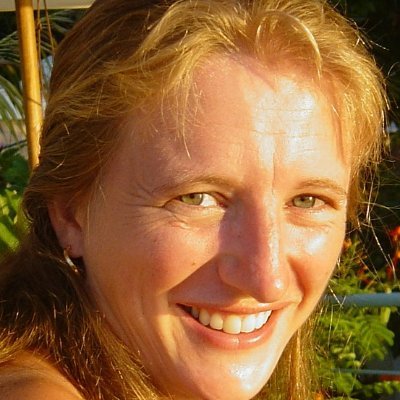Saturday January 11, 2025 11:15 - 12:05 GMT
Speakers 
Chair of Isaac Physics, Isaac Physics
Physics is about both skills and knowledge. We provide students and teachers the support to develop their understanding of a great subject, by encouraging them to solve simple and hard problems in physics. This will develop confidence and interest, and enable aspirational students...
Read More →
Saturday January 11, 2025 11:15 - 12:05 GMT
Pope A1

